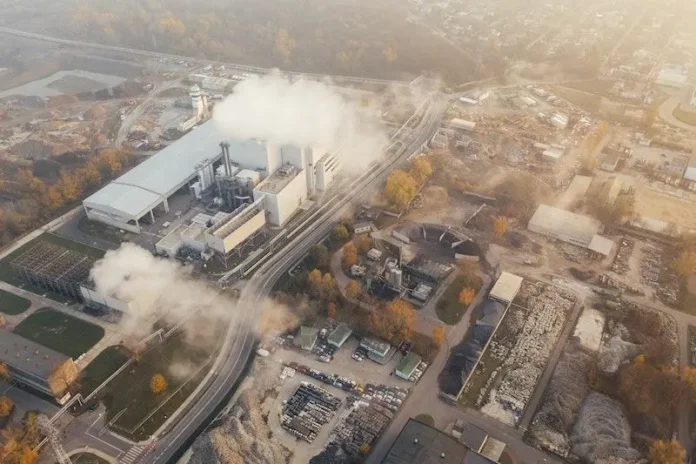New Jersey, often celebrated for its diverse landscapes and vibrant communities, faces ongoing challenges when it comes to maintaining clean air for its residents. Recent developments at the federal level have raised concerns among environmental advocates and citizens alike, as changes to pollution standards could potentially impact air quality across the Garden State.
For years, New Jersey has worked to improve its environmental standing, recognizing the critical link between clean air and public health. However, a recent decision by Congress to roll back certain pollution standards, now awaiting presidential approval, could mean a significant shift in this progress. This legislative action targets rules that previously limited the release of “super pollutants” from industrial facilities, substances known to contribute to a range of serious health issues, including respiratory problems, heart disease, and even certain cancers.
The potential implications for New Jersey are particularly noteworthy. Our state, with its dense population and established industrial presence, is susceptible to air pollution, not just from within our borders but also from emissions carried by winds from other regions. Loosening restrictions on industrial emissions could lead to an increase in harmful particulate matter and other hazardous air pollutants, potentially impacting the health of countless New Jerseyans.
It’s a delicate balance: the desire for economic growth often intertwines with environmental regulations. Proponents of these rollbacks often argue that strict pollution standards impose significant costs on industries, potentially hindering economic progress and job creation. They suggest that reducing what they term “government red tape” will “unleash American energy.” However, environmental groups and public health advocates counter that the long-term costs of increased pollution—in terms of public health burdens, healthcare expenses, and environmental degradation—far outweigh any short-term economic benefits. They emphasize that weakening environmental protections could undo decades of progress made in improving air and water quality.
This current situation highlights the ongoing debate about environmental protection and its role in a thriving society. While New Jersey has its own initiatives and regulations aimed at promoting cleaner air and a sustainable future, federal policy decisions cast a long shadow. The state has invested in programs like those aimed at reducing vehicle emissions, supporting electric vehicles, and encouraging renewable energy sources. Many communities, particularly those historically overburdened by pollution, have been actively engaged in advocating for stronger environmental justice measures. For a deeper dive into how technology and business intertwine with these environmental discussions, you can explore more on our website here: Explore New Jersey’s Technology & Business section.
The coming months will be crucial in understanding the full impact of these revised federal pollution standards on New Jersey. As the situation unfolds, it’s more important than ever for residents to stay informed and engaged in discussions about air quality and environmental policies. The health of our communities and the beauty of our natural surroundings depend on continued vigilance and a commitment to safeguarding our environment for future generations.












